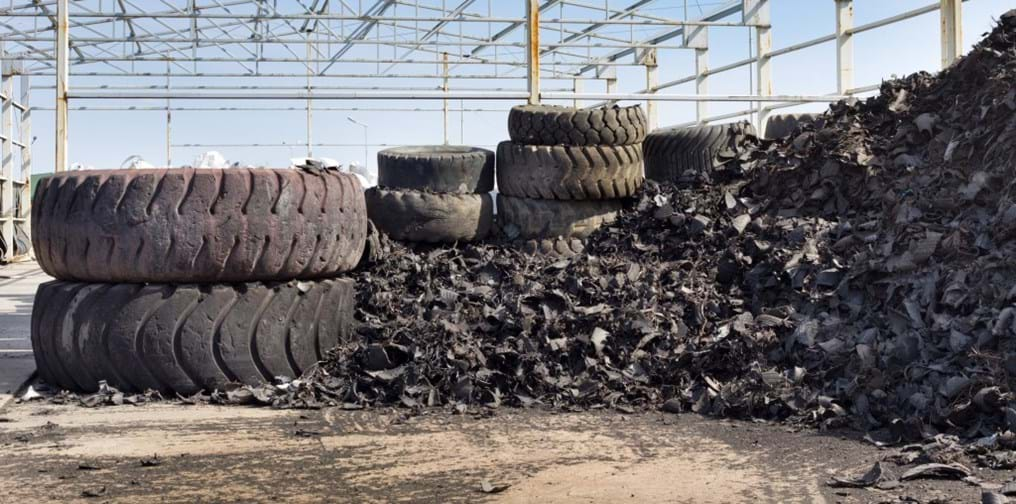Day 161: A global search for alternative energy

4th November 2014
Author: Geoff Maitland, IChemE President 2014–2015.
Mankind has a thirst for knowledge and it is remarkable to think that there are over 22,000 universities around the world.
Brazil (1,648), India (1,638), Russia (1,197) and China (1,169) and Japan (1,004) have an impressive number of institutions, with USA heading the pile with 3,301.
It is always an impressive thought that in many of these Universities there are chemical engineers looking to solve some of the world's dilemmas and challenges.
Of course, there's always a risk that research is done in isolation. Thankfully academics are very good at sharing their work, and professional bodies like IChemE host events regularly to bring leaders in education, industry and government together.

My blog has also been created to highlight some of the best chemical engineering stories from around the world. Today we head to Spain, where the UPV/EHU University of the Basque Country is working to develop alternative fuels.
The Department of Chemical Engineering at UPV/EHU has been working on some processes for producing raw materials and fuels using biomass and tyres.
The team at UPV/EHU is led by Martín Olazar, and their work has resulted in the development of a reactor which has the potential for high energy efficiency.
This reactor is based on conical spouted beds which, by means of flash or rapid pyrolysis, produce fuels and raw materials using various types of waste.
Martin's team has developed two units depending on the type of waste: one uses biomass; the other plastics, tyres and similar waste.
The biomass reactor uses agricultural waste and material from forests. According to Martin, 70 per cent of the mass treated can be turned into bio-oil - a tonne of biomass can yield 700 litres of bio-oil.
The process to produce bio-oils is based on flash pyrolysis. Martin says: "This is very rapid pyrolysis. We can produce it in 20 milliseconds at a low temperature (500 degrees)... so high energy consumption is not required."
During pyrolysis the biomass is degraded and the compounds produced can be rapidly extracted, condensed and bio-oil is produced.
The quality of bio-oil is lower than that of petroleum - it contains oxygen so it has to be treated. Olazar stressed that it can be used to produce any petroleum byproduct such as hydrogen, olefin derivatives, aromatics, etc.
The researchers consider the bio-oil process more efficient than the biodiesel process.
Martin says: "To produce biodiesel, a specific plant needs to be grown and a very small percentage of it is taken advantage of. Only 10 per cent of the mass used is turned into biodiesel, whereas we use whole plant waste and obtain 70 per cent."
The reactor has already been patented and a pilot facility has been put into operation in collaboration with the IK4-IKERLAN research centre. The promoters of the project are planning to open a larger facility in the future.
The reactor using waste plastics and tyres is able to produce raw materials such as carbon black. Martin's reactor turns around 30% of the waste from the tyres into carbon black, which he believes is enough to be profitable.
Well done to Martin's team and good luck as they move towards commercialisation.
*************************************************************************************************
Are you a chemical engineer involved in an interesting research project? Contact me and tell me your story.
ChemEng365 blog
Geoff Maitland launched this blog during his IChemE presidency in 2014. ChemEng365 features 365 chemical engineering successes and achievements throughout his year-long presidency.